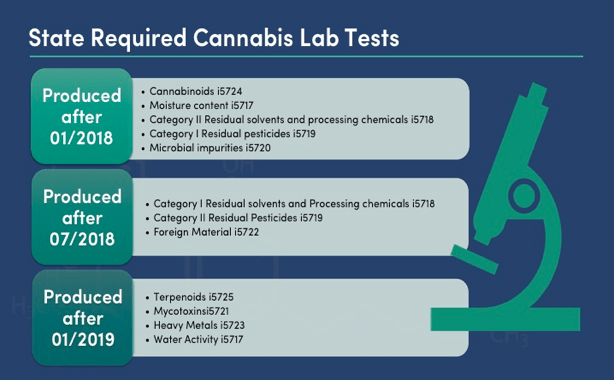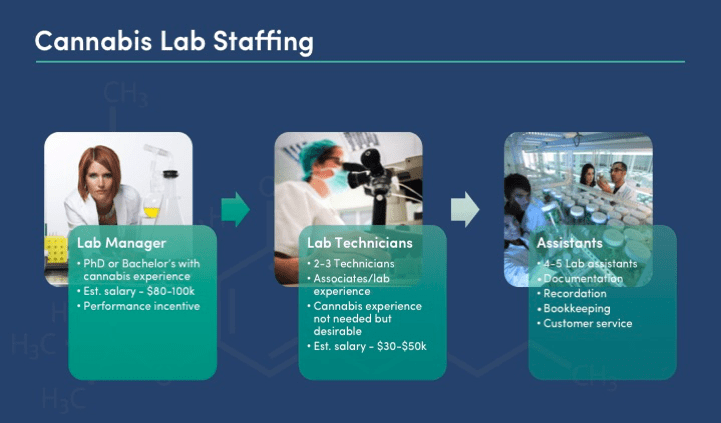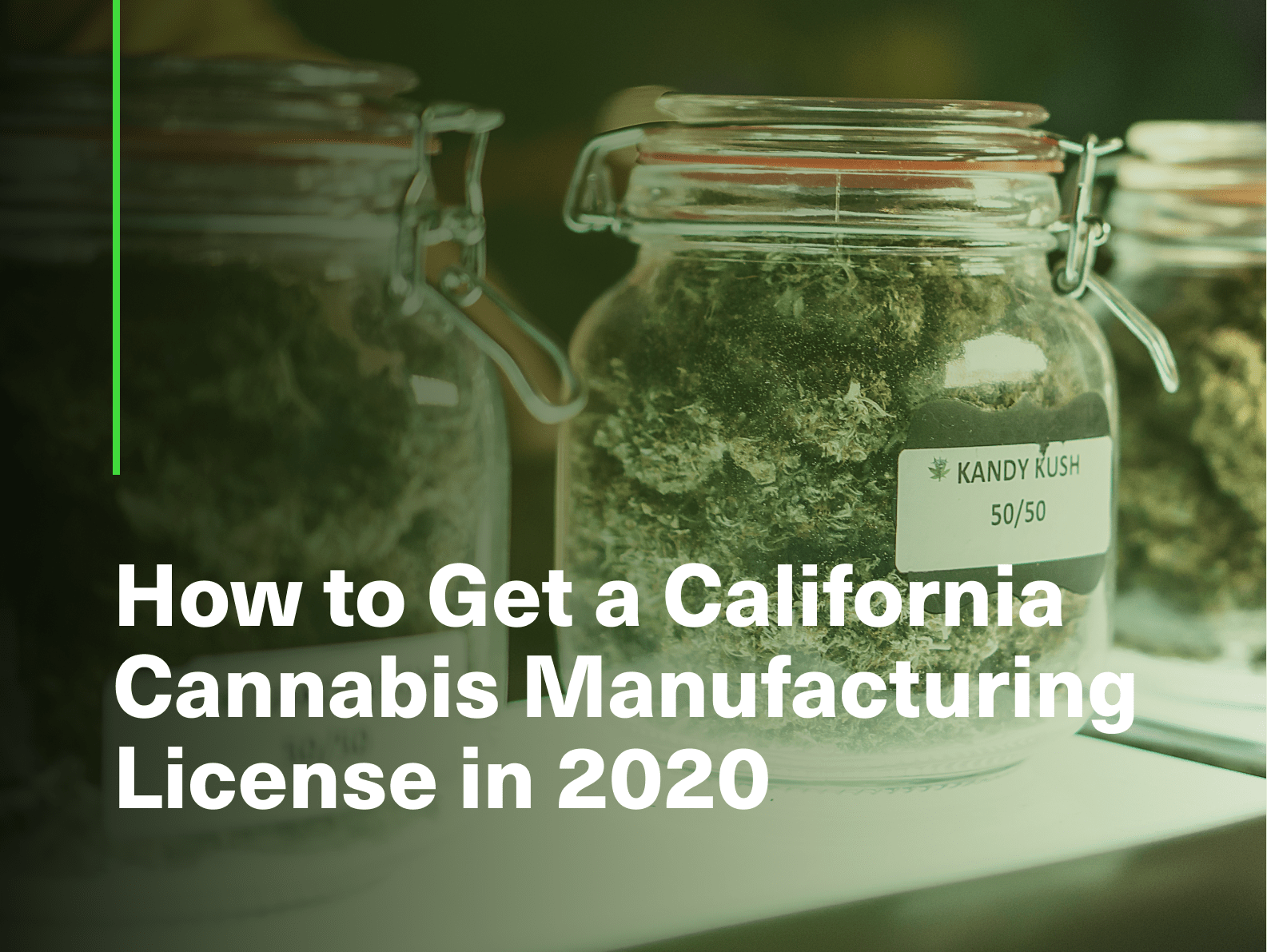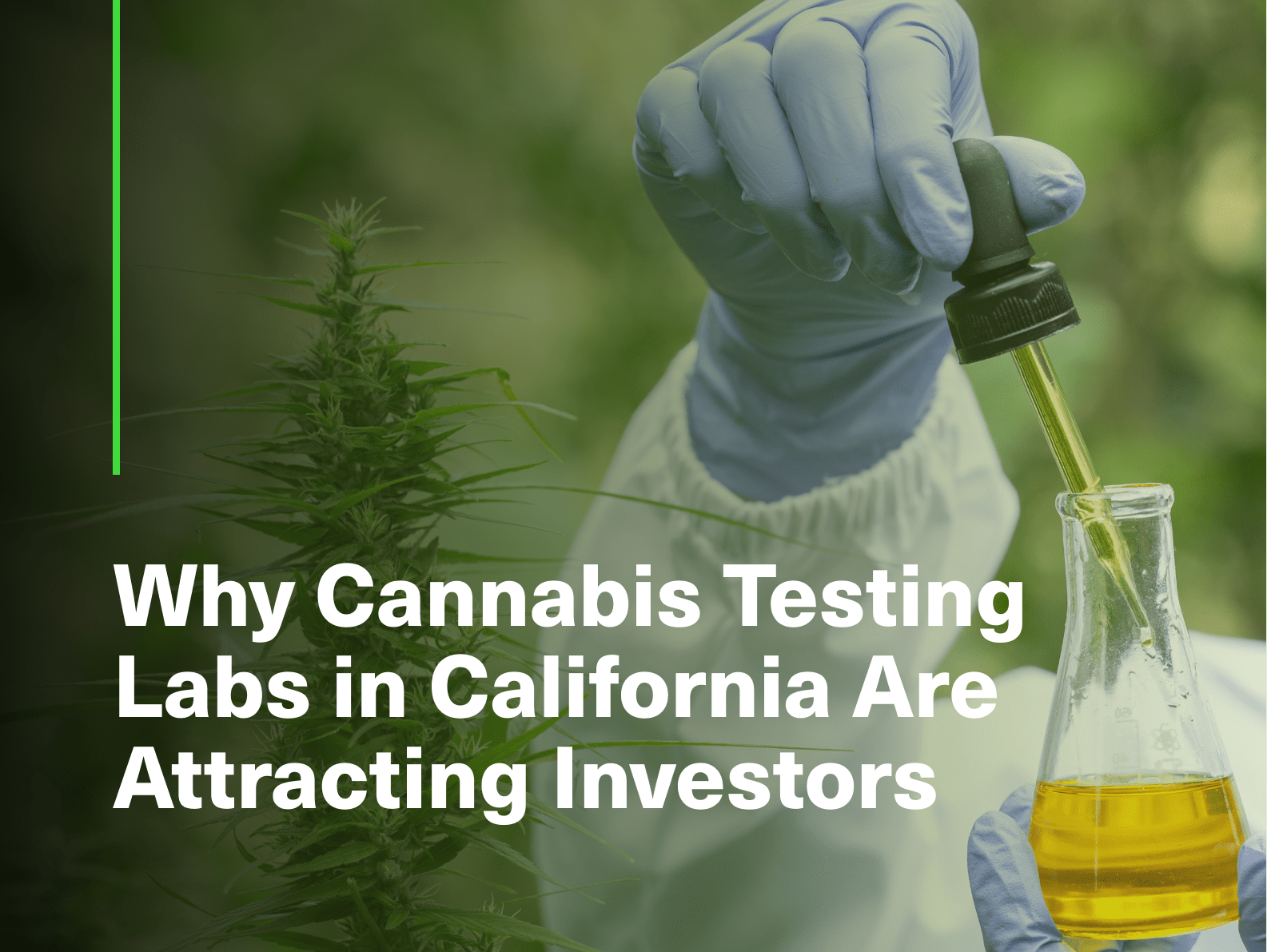While many business types in the California cannabis industry were operating in one form or another prior to 2018 legalization, some of these models have changed significantly under the state’s new licensing system. One of the most changes is how cannabis testing labs in California are now required to test all products for a variety of substances including:
- Cannabinoids
- Heavy metals
- Microbial impurities
- Mycotoxins
- Residual solvents and processing chemicals, and
- Terpenoids
While testing was voluntary before 2018, the state now requires licensed and ISO accredited cannabis testing labs in California to issue a certificate of analysis to distributors based on specified batch sizes and sample numbers before cannabis products can be transported to retailers. Since cannabis testing labs in California also cannot be owned by licensees of other cannabis businesses, this new business model essentially acts to police the industry and ensure that contaminated products are not sold to consumers.
The voluntary nature and lack of regulations of cannabis testing before 2018 resulted in a scenario where only a few high quality labs capable of such robust testing were able to successfully operate. Additionally testing results have often been called into question since no lab standards existed. Now that cannabis testing labs in California have such a prominent role in the industry, the challenge for cultivators, manufacturers, distributors, and retailers will be to develop and maintain good relationships with one or more labs who will quickly perform testing to keep products flowing. This situation also presents an opportunity for investors looking for a lucrative angle in the cannabis industry.
Some of the questions we hear most often from clients at this point of the conversation are:
- How much does it cost and what is needed to start a cannabis testing lab?
- What sort of return can I expect from operating a cannabis testing lab?
- Who is eligible to operate a cannabis testing lab in California?
- How will cannabis testing in California be implemented into the industry?
First, establishing and operating a cannabis testing lab in California takes significant funds to acquire and calibrate the lab machines (gas chromatograph (GC), high performance liquid chromatograph (HPLC), polymerese chain reaction (PCR)) needed to perform the variety of tests required by the state to obtain a license. In addition, the lab must be built to ISO standards and contain other machinery, glassware, hardware and software, and personnel qualified to conduct the requisite tests. A typical lab will cost one million plus to start and operate for the first 3-6 months.
Second, while cannabis testing labs in California are expensive to establish, there is a significant demand for these services as the industry continues to legalize. Testing labs can expect between $400-$600 per test and with the state’s sampling requirements, testing a 50 pound batch of cannabis flower could cost $7,200-$10,800. Extrapolating these numbers over thousands of pounds produced from even a single cultivator results in significant returns for those labs equipped to handle the volume.
Third, the lab must be operated at minimum by a manager with a bachelor’s degree and experience in testing. Our recommended approach is to partner with a seasoned lab professional who has experience with cannabis. Many labs are operated by Ph.D’s who are capable of performing and publishing research papers. In addition to the manager, a cannabis testing lab in California will also need two or more lab technicians with education and experience working in a laboratory, several lab assistants, administration, marketing, and a dedicated compliance manager who may or may not be the lab manager.
Fourth, the state of California is implementing cannabis testing through a staged transition. Cannabis products produced by a licensed cultivator or manufacturer after January 1, 2018 must be tested and receive a certificate of analysis from a licensed and accredited testing lab, or by a lab with a pending ISO accreditation who has obtained a state license. However the number of tests required will be phased in as follows:
| Phase | Testing Requirements |
| Produced after 01/2018 |
|
| Produced after 07/2018 |
|
| Produced after 01/2019 |
|
In addition to these phases, the state will also start requiring distributors and retailers to only transport and sell cannabis products to consumers that are tested and labeled according to license standards. Prior to this point, cannabis products produced before 2018 did not need to be tested and labeled.
With such a major change in how cannabis testing labs in California are integrated into the industry as a whole in as short of a period, we anticipate two outcomes. First, we expect a bottleneck in the cannabis supply chain with distributors at least sometimes unable to fulfill orders from retailers due to testing backorders. This situation will continue until enough testing labs are operating to handle the workload and, just as importantly, located in proximity to distributors as cannabis testing labs in California must send a representative to pick up the samples for testing. Second, we anticipate that as existing labs become more streamlined and new operators enter this space, the cost of testing will begin to drop and investment opportunities will become more competitive, if also not less lucrative.
For more information on how to set up a cannabis testing lab, review our eBook discussing our 7 proven steps for successfully obtaining your cannabis business permits and licenses. Additionally, if you have questions and want to schedule a consultation, please call or email us today.









